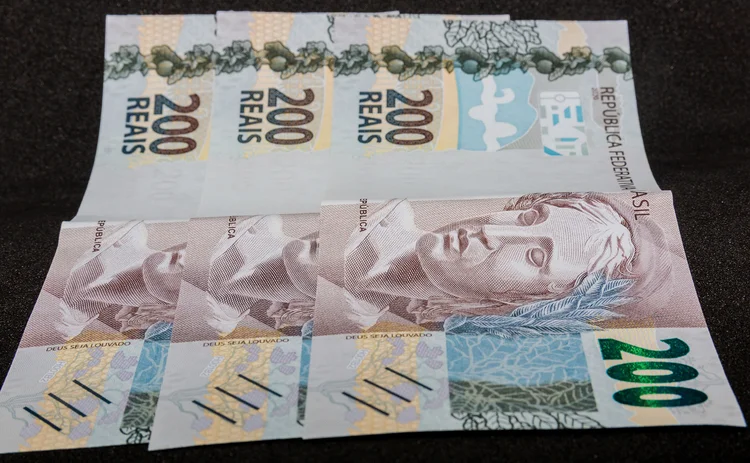
Cash transfers cause persistent jobs boost in Brazil, research finds
SF Fed paper argues previous research neglected effects on informal employment

Persistent cash transfers may raise employment and GDP in developing countries, say researchers from the Federal Reserve Bank of San Francisco.
The working paper examines Brazil’s Bolsa Familia transfer programme, and is written by Arthur Mendes, Wataru Miyamoto, Thuy Lan Nguyen, Steven Pennings and Leo Feler.
The Bolsa Familia programme, instituted in 2003, distributes money to families in exchange for their providing evidence of their children’s vaccination and school attendance.
The effects
Only users who have a paid subscription or are part of a corporate subscription are able to print or copy content.
To access these options, along with all other subscription benefits, please contact info@centralbanking.com or view our subscription options here: http://subscriptions.centralbanking.com/subscribe
You are currently unable to print this content. Please contact info@centralbanking.com to find out more.
You are currently unable to copy this content. Please contact info@centralbanking.com to find out more.
Copyright Infopro Digital Limited. All rights reserved.
As outlined in our terms and conditions, https://www.infopro-digital.com/terms-and-conditions/subscriptions/ (point 2.4), printing is limited to a single copy.
If you would like to purchase additional rights please email info@centralbanking.com
Copyright Infopro Digital Limited. All rights reserved.
You may share this content using our article tools. As outlined in our terms and conditions, https://www.infopro-digital.com/terms-and-conditions/subscriptions/ (clause 2.4), an Authorised User may only make one copy of the materials for their own personal use. You must also comply with the restrictions in clause 2.5.
If you would like to purchase additional rights please email info@centralbanking.com







